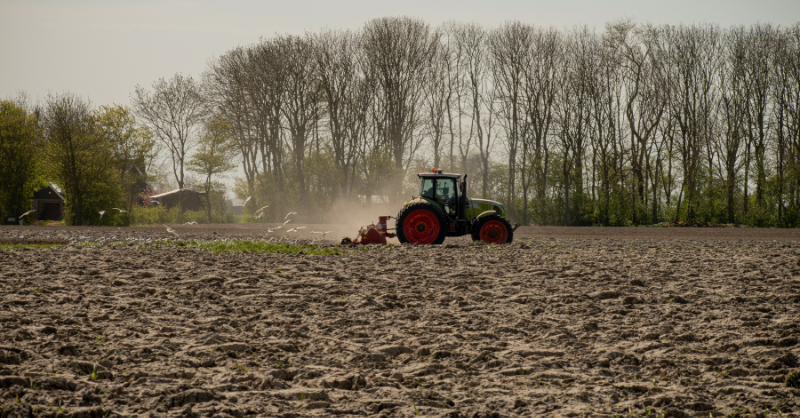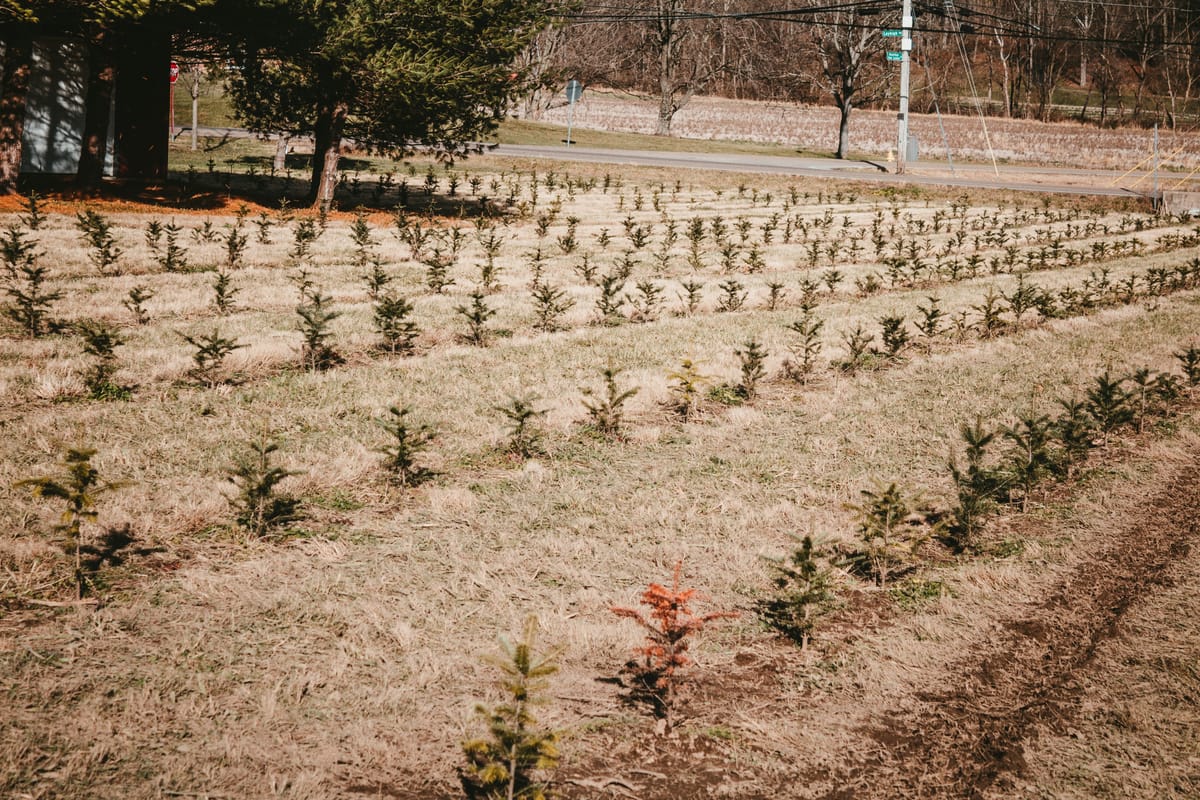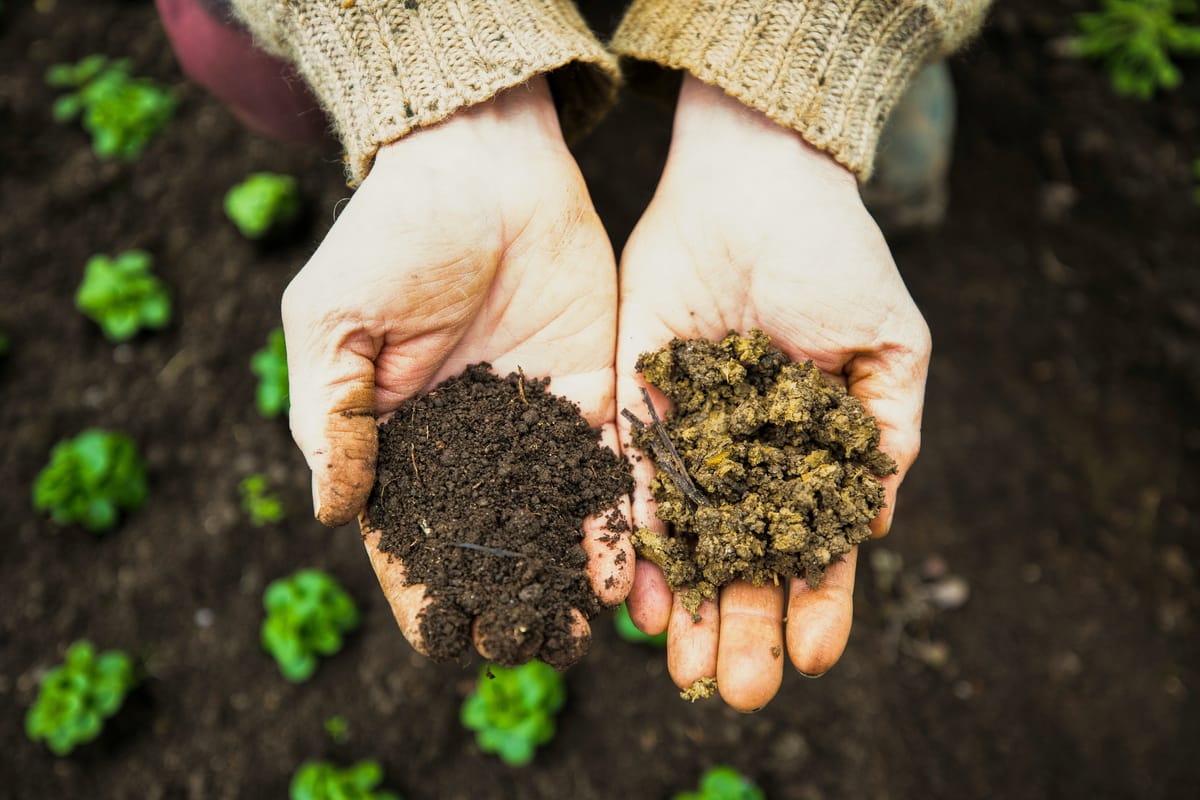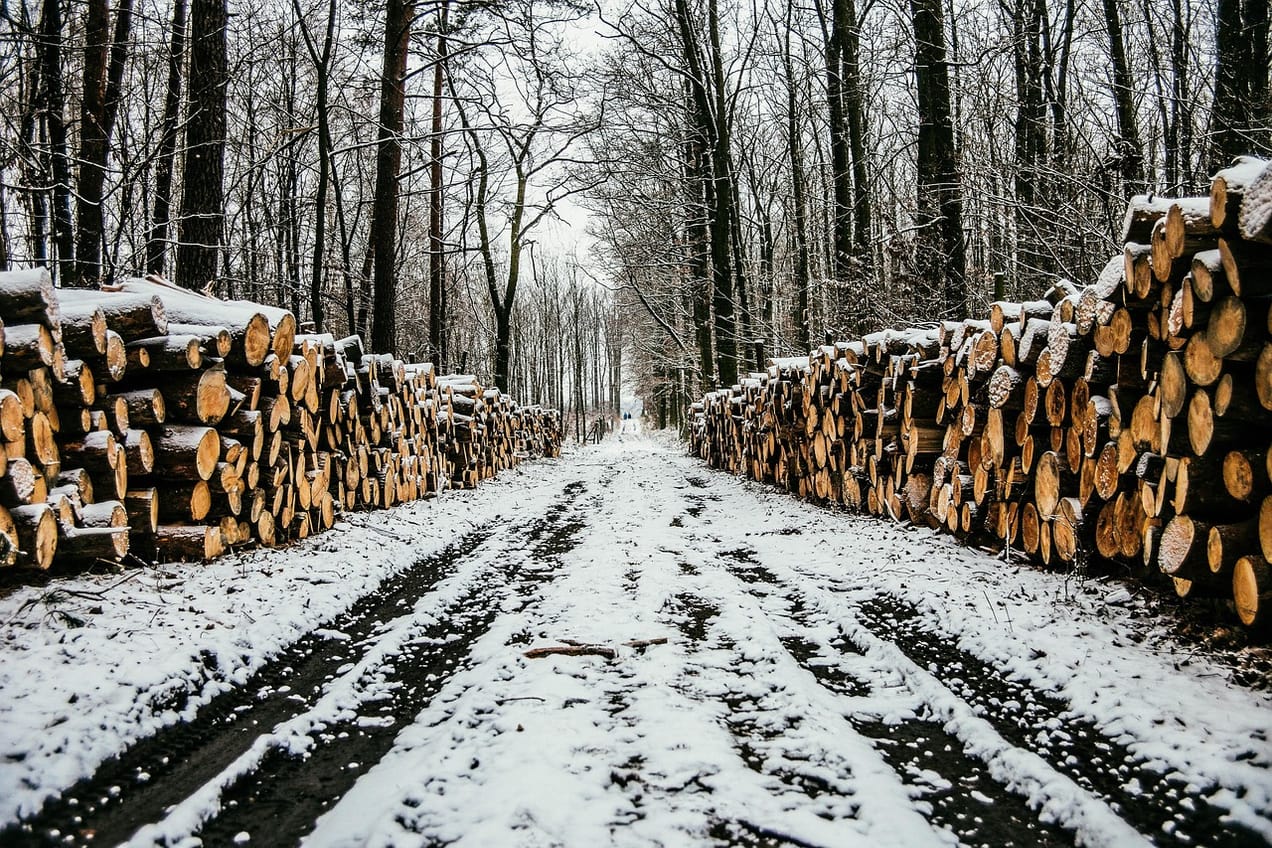
Replacing lost soil carbon
A generation of farmers and scientists are working together to find ways to sequester carbon in the soil, while improving crop yields. And it's not difficult. It involves no new technologies. However, the biggest barrier is humans
A generation of farmers and scientists are working together to find ways to sequester carbon in the soil, while improving crop yields. And it's not difficult. It involves no new technologies. However, the biggest barrier is humans, the habits that we have developed to squeeze better short term yields out of our soil. So it's fixable.
But, can we have both measurable soil carbon sequestration and better crop yields, or are there challenges and trade-offs we need to be aware of?
Which is why an article in Nature on soil carbon and crop yields Caught Our Eye.
This is a What Caught Our Eye story - highlighting reports, research and commentary at the interface of finance and sustainability. Things we think you should be reading, and pointing out the less obvious implications. All from a finance perspective.
It's free to become a member ... just click on the link at the bottom of this blog or the subscribe button. Members get a summary of our weekly posts, including What Caught Our Eye and Sunday Brunch, delivered straight to your inbox. Never miss another blog post !
Farming techniques that protect the planet
When it comes to carbon, humanity has two pressing problems. First, there’s too much of it in the atmosphere. The second carbon problem is that there isn’t enough of it in the soil. Soil carbon has been drastically depleted around the world, thanks to intensive farming practices that have been developed to feed the growing population.
This second problem, and how it might help solve the first challenge, was the subject of a recent Nature article.
Regular readers of our blogs will know that we see the second challenge as being massively important. One that we need to fix if we are to continue to 'feed the world'.
Let's look at what the article says, and then see what others are saying about the trade-offs.
Let's start with some numbers. According to the article, one estimate suggests that as much as 133 billion tonnes of carbon have been lost from our soils. Around 8% of total organic soil carbon.
Why does this matter? That's easy. Soil carbon improves soil fertility (improving crop yields) and water retaining characteristics, plus it gives the soil better resilience against droughts and erosion. So, even before we think about carbon sequestration, more soil carbon is generally a better thing.
And by and large we know how to achieve this. The solution will be a mixture of reduced tillage, cover crops, agroforestry, and adding carbon to our soils. These are not technically difficult things to do, but they require behavioural change by humans (so maybe harder than we think !). And they have quite long payback periods, so farmers will need incentives.
So, now lets introduce the option of soil carbon sequestration. No-one argues (well almost no-one) that it's not possible, and that generally it would be a 'good thing to do'. And while the potential prize is massive, maybe as much as 4-5 gigatonnes of carbon per year, there are some issues. One of these is there is a limit to how much carbon soils can sequester.

Another big issue the Nature article talks about is measurement.
To quote the article:
Soil carbon content varies a lot geographically, even over short distances, so getting a reasonably accurate measurement at a point in time means taking lots of samples — and that can add up financially.
For the farmer, the more measurements they have to take, the lower the financial return. And that matters.
And to add to the measurement challenge, soil carbon levels can fluctuate naturally, so identifying changes (which is what we want) is more difficult than it first sounds. Plus, soil carbon levels will often change slowly, and so it could take 'the order of five years' to detect a real change against the background volatility.
Now, all of this hasn't stopped governments (and the finance industry) leaping on the soil carbon sequestration band wagon. Maybe I am being cynical but one appeal of this is that it's pretty much pain free for everyone (other than the farmers). And it can create the impression of doing something positive.
This is not to argue that soil carbon sequestration is a bad thing, it's just important to recognise the challenges.
Marit Kragt, an agriculture and resource economist at the University of Western Australia in Perth, became interested in soil carbon sequestration shortly after the Australian government introduced the Carbon Farming Initiative act in 2011. Her concerns were that the policy had been formulated with little scientific or economic data on, for example, the best practices for sequestering soil carbon, the impact of climate, the cost to farmers and whether soil carbon sequestration would truly increase overall soil carbon.
Maybe one option is that we accept the problems of measurement, and rather than paying for performance, we pay all farmers regardless of the actual impact on the ground. Maybe the cases where it's working well will outweigh where it is not. And we avoid all that cost of sampling?
And then we have the issue of what type of soil carbon we are aiming to add. There are different forms of soil carbon and there is a trade off between the impacts on fertility and permanence. And permanence matters to sequestration as we want to lock up the carbon for as long as possible.
Particulate organic carbon (POC) from fresh residues and living organisms stores carbon for 1-5 years (often referred to as 'labile'), whilst humus organic carbon (HOC) is stored for 20 to 40 years. Recalcitrant organic carbon (biochar, charcoal etc) is typically stored for 500-1,000 years.
This was something we wrote about earlier in the year. Do soil carbon-sucking projects deserve the credit they get? I would encourage you to watch the video that is embedded in the blog, it's all about the practical challenges that farmers face.

As a finance person I love data, at least I love data that tells me that the outcome I am paying for is actually happening. But maybe in this case the cost and hassle of collecting the data is so great that it's not worth the effort?
To finish with a quote from Marit Kragt
“Sociocultural change is actually really important in any society, but is often forgotten. When you have a group of people advocating for something and they’re not part of the farming community or trusted peers, there is push back.”
At the end of the day, it is sometimes best not to be a purist about getting value for money. Achieving 80-90% of our aims is better than aiming for 100% and getting almost nothing.

Please read: important legal stuff.


